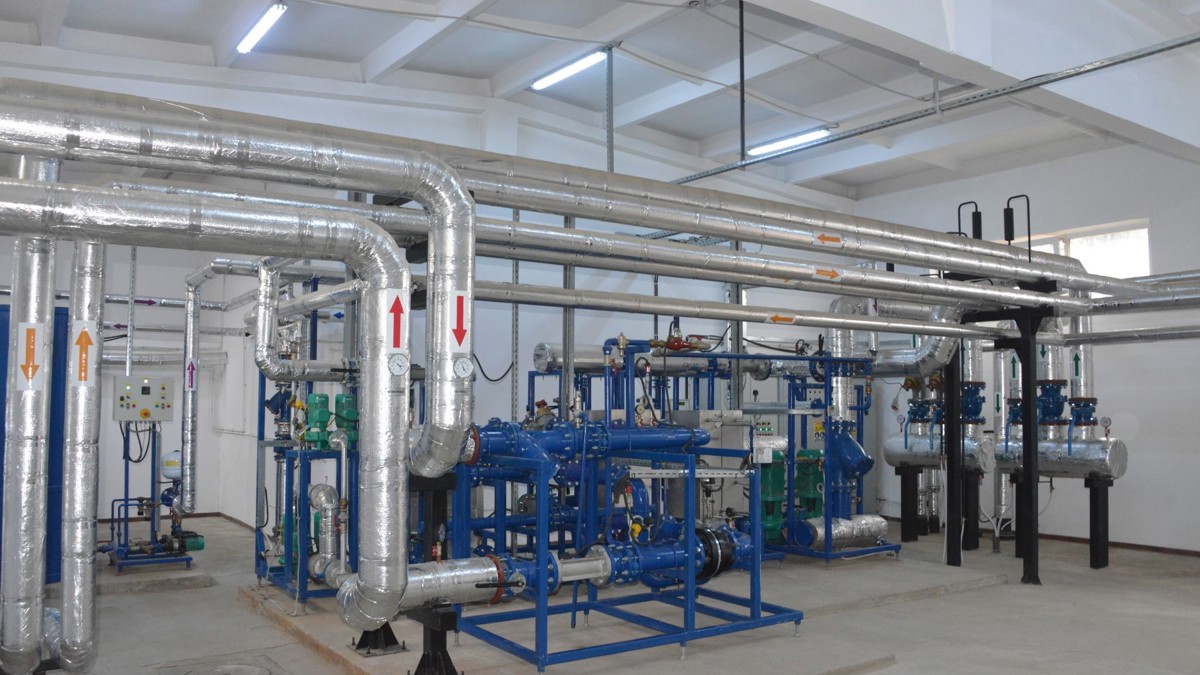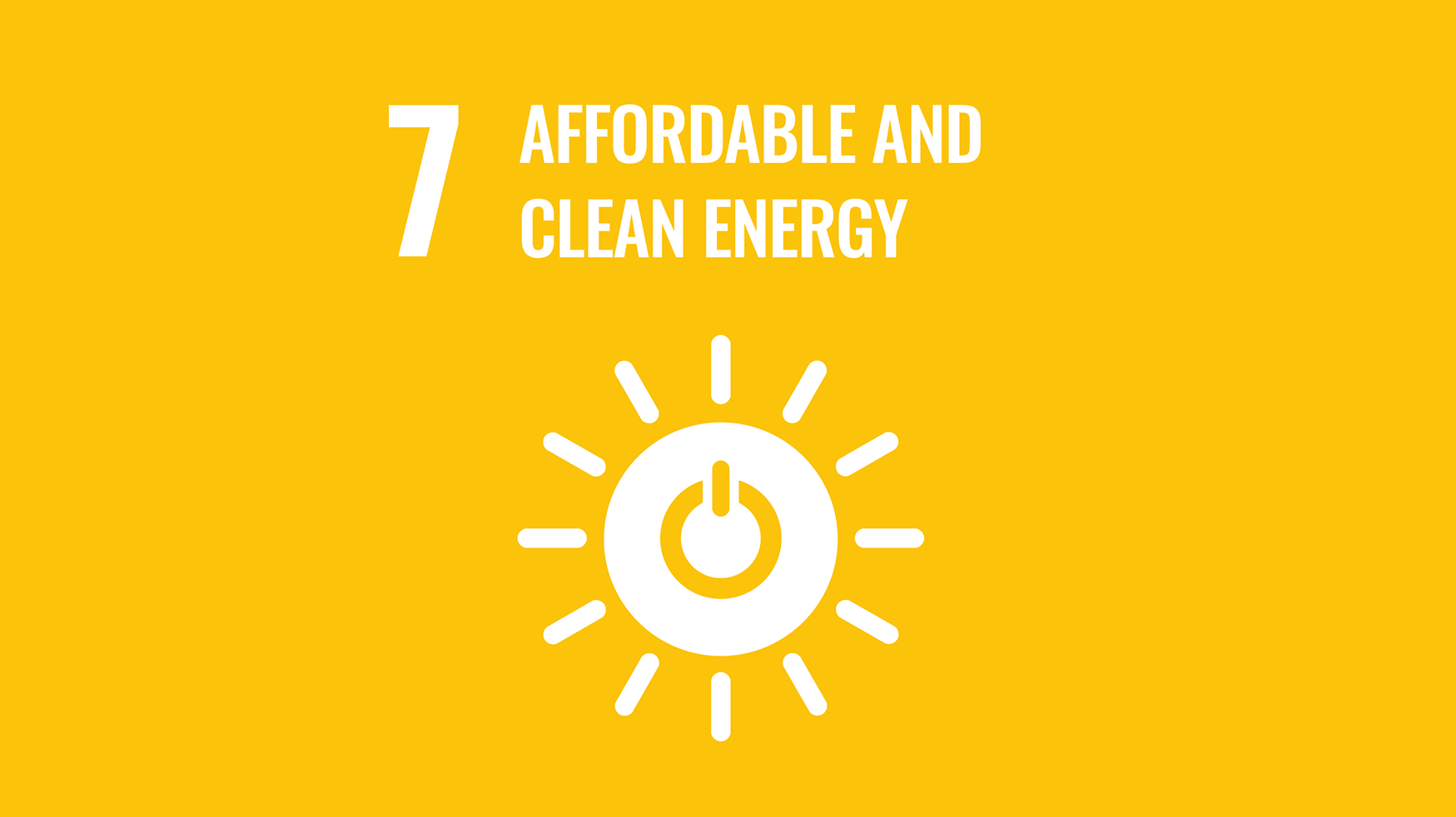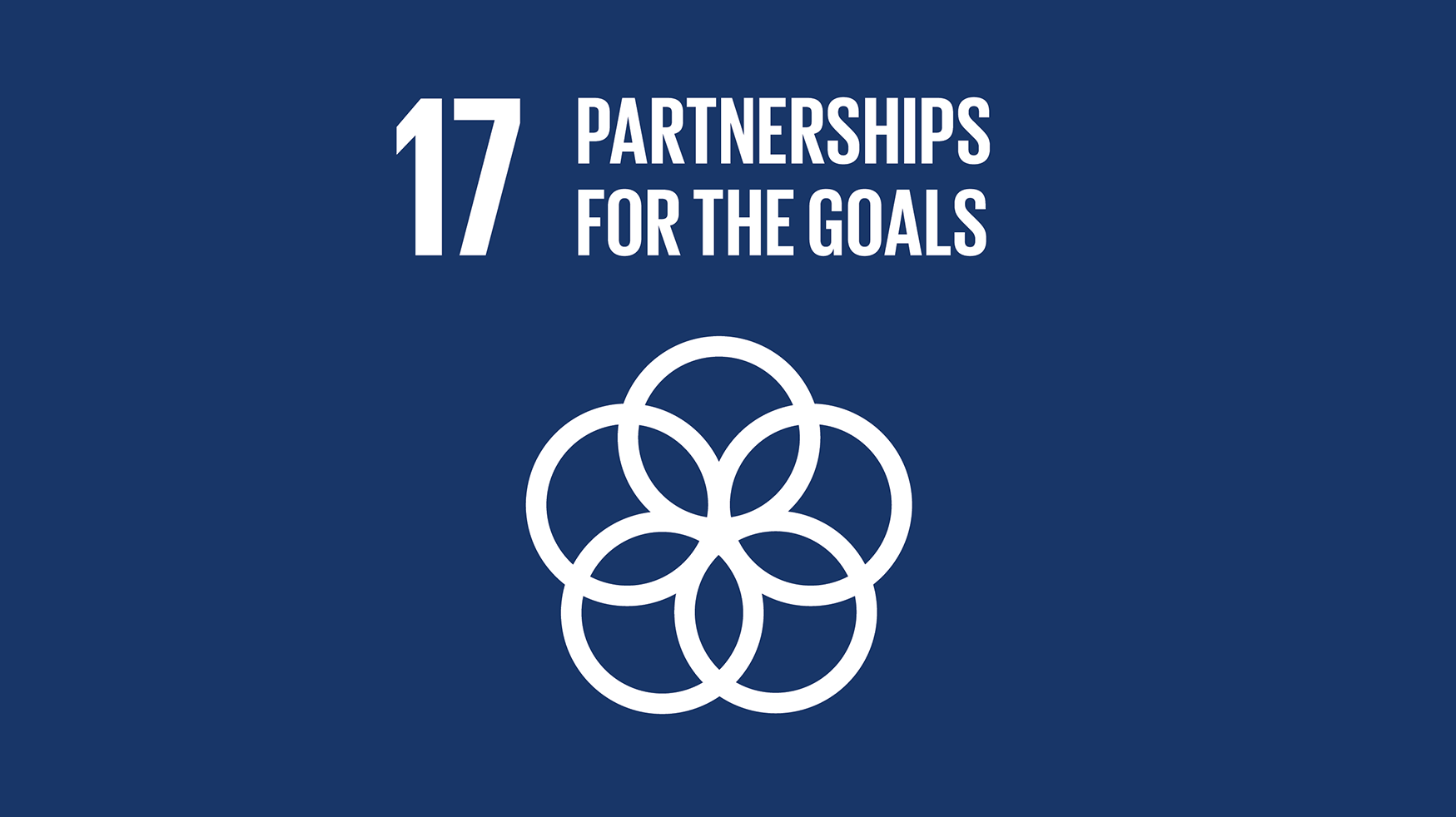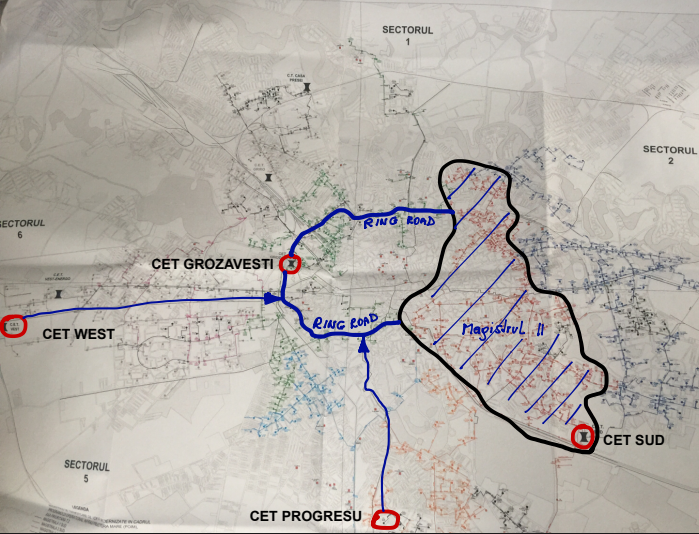
Under Lot 2: Energy of the Framework agreement to support EIB advisory services (EIBAS) activities inside and outside EU-28, NTU Consortium provided technical assistance for district heating in Romania and Croatia.
Implementation
Within the Technical Assistance for the District Heating (DH) Business Strategy project in Romania, NTU assisted 3 Romanian municipalities – Oradea, Focsani, and Bacau – in applying for ERDF grants for district heating system investments. Each municipality delivered a SWOT analysis, a business strategy, a Long-Term Investment and Development Plan (LTIDP), financial sustainability models, and formal endorsements of the strategy and the LTIDP. To ensure high-quality outputs, we thoroughly analysed the EU and national regulations, technical data on power plants, geothermal energy, DH transmission systems, consumption patterns, and demand curves.
Additionally, NTU led the Technical Assistance for the Assessment of District Heating Projects in Croatia and Romania, covering 7 projects – 6 in Croatia, including 1 major project in Zagreb, and 1 major project in Bucharest, Romania. We worked closely with the JASPERS Energy and Solid Waste Division to ensure that projects are aligned with the EU Climate, Energy Efficiency, and Renewable Energy Directives and the specific ESI Funds regulations. The aim was to ensure their eligibility for EU funding and to address realistic heat demand forecasts. Our team reviewed the national DH Sectors’ regulatory frameworks, as well as the individual DH Systems and projects to cautiously verify the projects’ cost-effectiveness, technical feasibility, and, consequently, the affordability of high-quality heating services. We also confirmed that district heating was the most economically viable option compared to alternatives and ensured that all project documentation met legal requirements.

Impact
-
Enhanced sustainability of the district heating systems in Oradea, Focsani, and Bacau municipalities in the perspective of 20 years;
-
Significant losses reductions estimated, compared to the Business-As-Usual (BAU) scenario: 30% in Bacau, 24% in Oradea, and 50% in Focsani;
-
Action Completion Notes for DH Systems were drafted, enabling improved transparency and streamlined future planning based on the lessons learned;
-
Possible improvements to the existing Croatian DH systems have been identified.
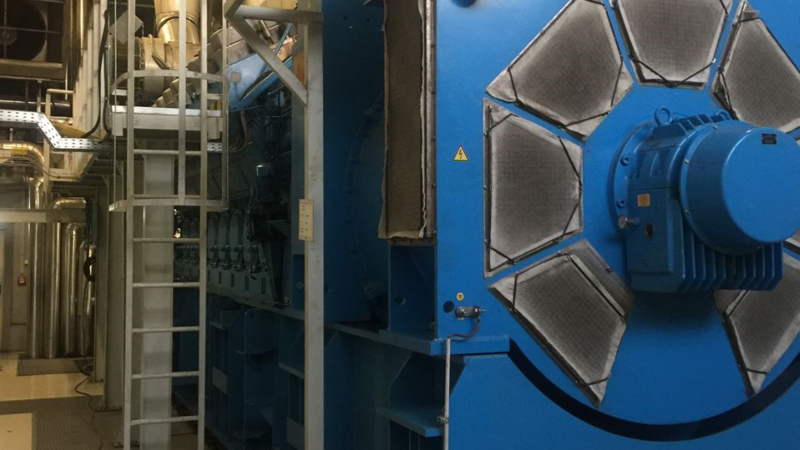
SDGs
This case study illustrates contributions to the following Sustainable Development Goals (SDGs):

